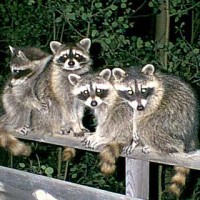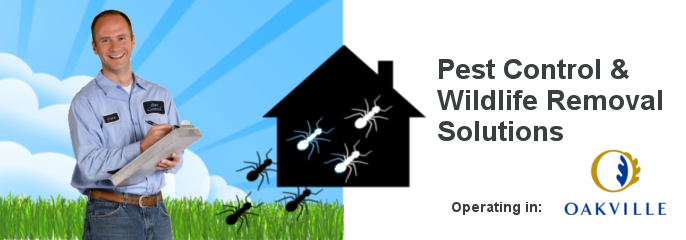Understanding Raccoon Behavior in The Summer

Raccoons are small yet stocky mammals that are about 2 to 3 feet long and characterized by their furry body, “masked” eyes and ringed tail. These wild animals are normally found in swampy, marshy areas; they also live near rivers, streams and hardwood forest areas. However, over the years, raccoons have adapted to live closer to humans making even the non-typical habitats their home. So, before you call us for raccoon removal services, it is advised that you read about what these animals do? Do they harm animals, pets and plants? What is typical raccoon behavior in the summer? What precautions are required? Here is all you needed to know about the racoons and their behavior.Raccoons
These shy and solitary animals are rather social with other raccoons during the mating period, which is typically between the months of January and March; they have a 63-day gestation period and the average litter size is between 3 and 7. There may be unusually high movement of raccoons during late spring and peak summer as the young one would have passed their weaning stage and are ready to fend for themselves.
While they mostly live in burrows, tree barks and dens, coons tend to look for dark and cool places to keep themselves and their offspring safe. They make homes out chimneys, gutters, attics, sewers and barns. They can be particularly found during summer when the weather is hot and dry, and when food becomes scarce.
These nocturnal animals are omnivorous and usually feed on fruits, vegetables, nuts, fish, grains, insects, bugs, snails, mice, rats and even offspring of birds and reptiles. If food is scarce in the woods or near the river, these critters find themselves closer to human dwelling where food may be much more accessible. As a result of their proximity to humans, raccoons raid the garbage bins, feed on pet food, planted crops, fruits and vegetables proving to be a major nuisance; they damage crops, particularly sweet corn.
Raccoons also considered pests, are carriers of several diseases that can be transmitted to humans and pets. Some of the common diseases include distemper and rabies.
Prevention and Precautions
– Exercise caution when you notice abnormal behaviors like disorientation and aggression as they could be signs of rabies. Also look for weak and erratic walks or paralyzed legs in raccoons, they could indicate sickness or disease.
– During late summer, raccoons are notorious for sod-turning behavior. To avoid that install sods during spring or early summer.
– If you have planted summer crop, fruit or vegetable-bearing plants or trees, guard them with approved and good quality electric fences.
– Keep the trash can covered. It is also important to use good quality materials to keep the attic and chimney outlets covered.
– There are various traps like the foothold, live an body-gripping traps that you could use to eliminate them.
– If the problem is unmanageable, you could solicit help from licensed wildlife controllers.
– Don’t pet or feed the raccoons when you spot them.
– Keep children and pets away to avoid disease transmission.
It may not be possible to keep your home or locality raccoon-free but with a little care you can control the menace. You can read more about our services here.
Call us for Pest Control Oakville services: 647-931-5319
